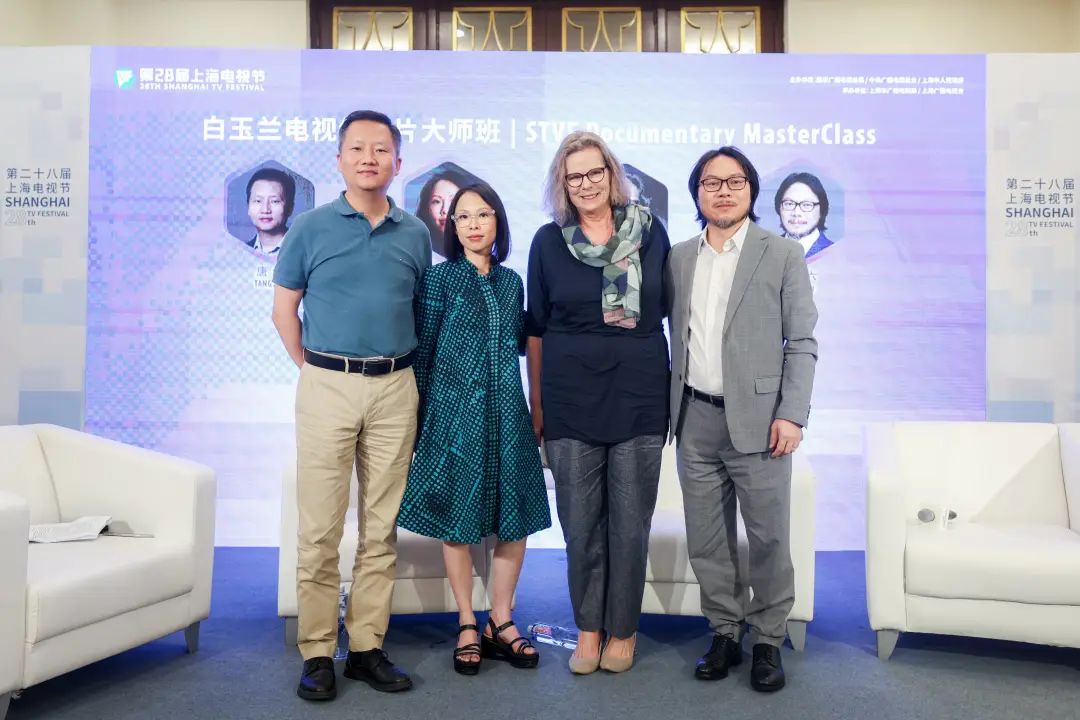STVFORUM|Upholding Authenticity as a “Cultural Translator”
The 28th STVF Documentary MasterClass was held on June 22. The judges of the Magnolia Awards Documentary category, Poh Si Teng, Sabine Bubeck-Paaz, and He Suliu, shared their thoughts on current documentary production, explored the cross-cultural creation and international collaboration of documentaries, and predicted the future trends of the industry.
Connect Mind to Mind,Record Life with Life
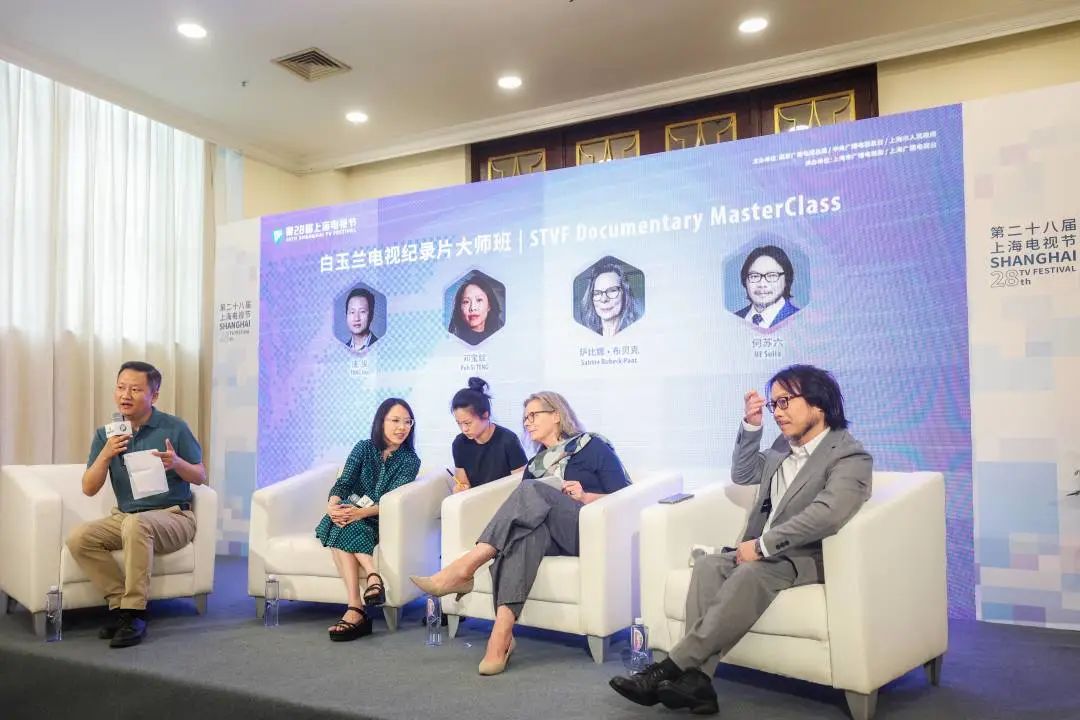
As seasoned documentary filmmakers, these three judges have been active in the international documentary market for decades, and their life experiences are deeply imprinted in their works. Sabine Bubeck-Paaz from Germany expressed her preference for portraying real-life stories, saying, “These works may bring controversy, or even make people uncomfortable due to their excessive authenticity. But for me, this non-didactic content better reflects the real state of society.”
Poh Si Teng, Chair of the Jury for the Documentary category, strongly agreed. She believes that documentaries are tools for observing and understanding life. “Through documentaries, we can see various possibilities of life, which help us gain a deeper understanding of what real life is like and be inspired by it.”
Judge He Suliu used “a lifelong love” to express his connection with documentaries. “We often say that documentaries record life with life. It makes the lives of others part of our own, or incorporates our own lives into those of the subjects being filmed. Therefore, documentaries will be a lifelong love for me.”
Uphold Authenticity as the Bottom Line While Exploring New Forms
After days of screenings and discussions, the three judges reached a consensus: to uphold the authenticity as the bottom line. “We have seen many works with creativity, wonderful thoughts, and excellent techniques, but unfortunately, some of them are not presented as authentically as they should be,” emphasized He Suliu. He further highlighted that in the era of convergence media, the tangible threshold for documentary creation has become lower, but the intangible threshold has become higher. “How professional documentary filmmakers can maintain sincerity, adhere to their professional ethics, and not blindly follow the ‘shortcut’ of short video creation is a crucial quality that determines whom the jury will vote for.”
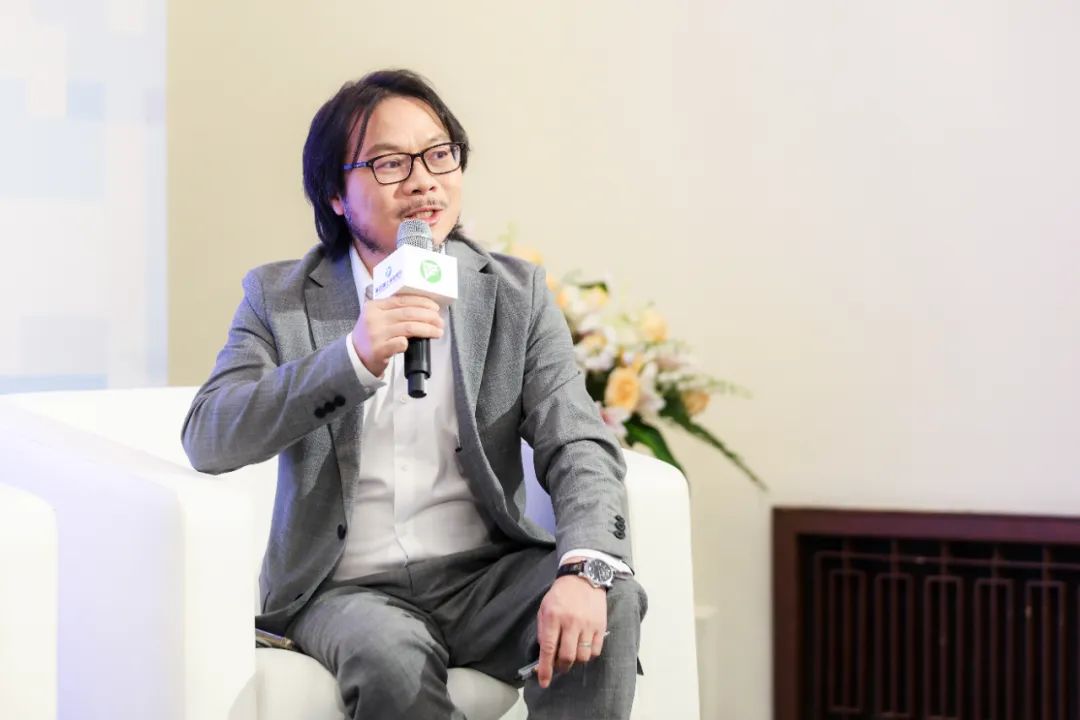
He Suliu
He Suliu believes that a good documentary must possess both aesthetic and intellectual values as cultural products. “I hope to see more works that focus on the fate of ordinary people, showcasing their courage in the face of adversity and their efforts to pursue personal dreams. For documentaries, this positive power can touch people deeply and even transcend regions and cultures, connecting different lives.”
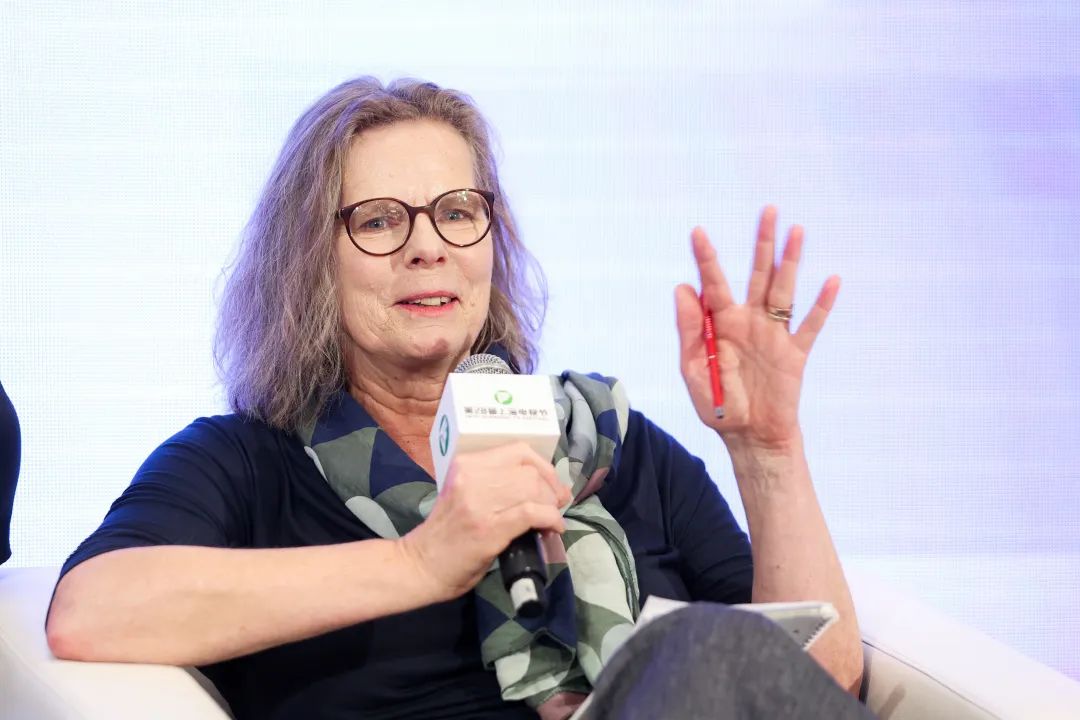
Sabine Bubeck-Paaz
Sabine Bubeck-Paaz believes that an outstanding documentary can facilitate communication, mutual understanding, and tolerance among people. She shared her experience of an exchange study in France. “In the first year, the grandmother of my host family didn’t like to talk to me because her perception of Germans was still influenced by World War II, which affected her first impression of me. I thought it was unfair.” In the third year, the grandmother’s attitude to Sabine took a U-turn. “She took me out for coffee and cake.” Behind this change was the opening of a local documentary channel, which introduced the cultural history of France and Germany. It subtly changed the French grandmother’s perception of Germans. This special experience had a significant impact on Sabine’s decision to pursue a career in documentary filmmaking. To this day, she still pursues using documentaries to achieve communication between people.
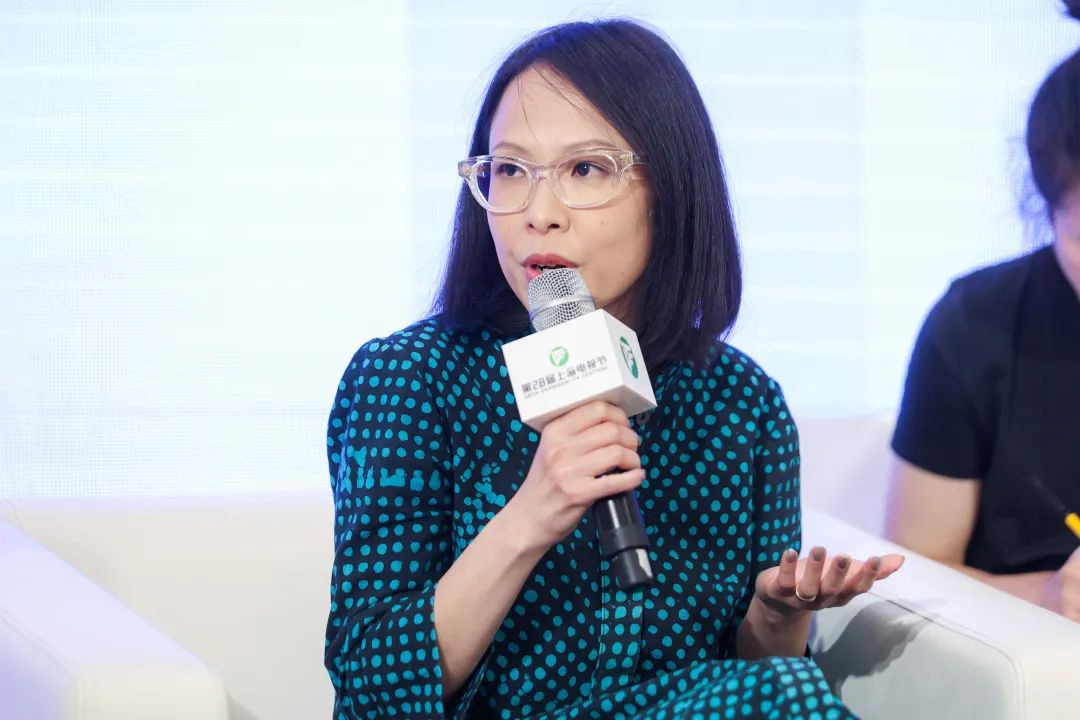
Poh Si Teng
“Approaching a profound subject with humor can lead to surprises!” Poh Si Teng, while discussing her penchant for documentary style, unveiled a film that delves into Chinese youth’s perspectives on love and marriage. “A Chinese woman in her late twenties, returning home for the Chinese New Year, hires a fake boyfriend just to satisfy her parents. This documentary received high viewership on overseas platforms. The story is not only intriguing but also authentic.”
Do Not Be a Lone Creator, Be a Translator
In recent years, Chinese documentaries have made extensive efforts in international co-production and dissemination, creating a considerable impact on the international market. He Suliu mentioned the “Belt and Road Documentary Academic Community” and the “China International Documentary Forum” initiated by them, which have attracted global creators’ attention. Years ago, they organized a global forum through a cloud platform to discuss how documentary filmmakers can play an active role in global public health crisis, influencing creators from China, the US, France, Spain, Brazil, and other countries to pick up their cameras and capture valuable firsthand materials on the streets and in the front lines. “We compiled the materials provided by creators from around the world into a documentary. In it, we can see different countries’ responses and measures, all representing real human experiences that need to be documented,” He Suliu explained.
Sabine Bubeck-Paaz also offered a piece of “genuine advice” to global documentary creators: Do not work alone, but to step out and learn to communicate and understand others. She emphasized that documentary filmmakers should be capable of “cultural translation.” “You cannot consider yourself an outsider, as it will only make your expression clichéd. Instead, you should exchange your perspectives with different collaborators and people in your story, find a way of mutual understanding, and achieve a creative balance. This will help your work be understood and accepted by audiences from different cultural backgrounds.”
Poh Si Teng agreed with this point, emphasizing that, in pursuing this balance, “whether your work focuses on mainstream society or minority groups, and whether the content resonates with the majority, it is crucial to express your own thoughts. If you cannot move yourself, you won’t be able to move others.” She believes that documentary filmmakers should always maintain a dual identity as both an insider and an outsider, in order to achieve authentic expression through continuous collisions.
